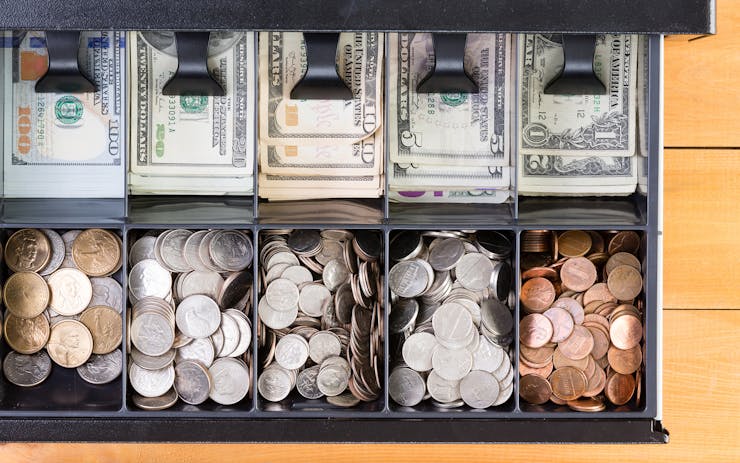BOSTON (AP) — State House and Senate negotiators reached an agreement Monday on the state’s voter-approved marijuana law that would allow retail cannabis sales to be taxed at a maximum 20 percent rate.
Highlights of the deal were released by a six-member conference committee that spent several weeks trying to resolve differences between the two chambers.
The compromise language mostly splits the difference between a House proposal to raise the total tax on marijuana to a mandatory 28 percent and the Senate version of the bill, which called for keeping the tax at a maximum of 12 percent.
Under the agreement, consumers would pay a 10.75 percent excise tax in addition to the state’s regular 6.25 percent sales tax. Cities and towns would also have the option of adding a 3 percent local tax.
Lawmakers also compromised on the dispute over local control of cannabis shops. In cities and towns where voters backed the November ballot question, a referendum would be required to ban or restrict retail marijuana stores.
But in communities where a majority of residents voted against the ballot question, retail shops could be barred by a simple vote of the board of the selectmen or city council.
“We have protected the right of adults to grow, possess, and use marijuana. To give them access to a safe, legal supply, the bill removes barriers to the development of a legal market,” said Sen. Patricia Jehlen, a Somerville Democrat who was the lead Senate negotiator in the conference committee.
House Majority Leader Ron Mariano, a Quincy Democrat who also was involved in the negotiations, called it a fair compromise that will allow for recreational sales to move forward and be properly regulated.
The full House and Senate are expected to vote on the compromise bill later this week, with no further amendments allowed.





